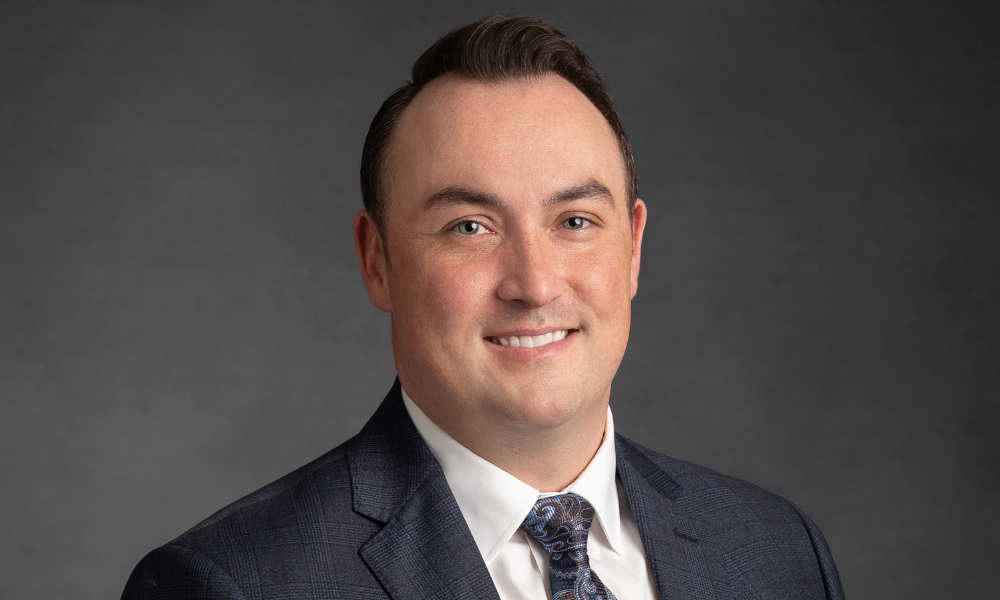The promise of 'freedom 55' might not be all it's cracked up to be, but one advisor uses wider conversations to help his clients set their expectations

For all the years this industry spent advertising ‘freedom 55’ with a pair of Muskoka chairs on a dock, or sailboat headed west into the setting sun, advisors know that retirement is not so much a destination, as another phase in life’s journey. A meta-analysis of studies by the Swiss academic journal Healthcare found that just under one third of retirees suffer from depression. That number is higher among retirees who were forced to retire due to illness or a layoff but is also high among those who anticipated their retirement.
Advisors know from firsthand experience that retirement can be a shock to clients. Their dream of winters in Florida and summers at the Cottage, with lots of golfing can get old pretty fast. For high- achieving individuals who had successful and stimulating careers, the sudden shift into retirement can leave them feeling somewhat empty. For Evan Inglis, Executive Financial Consultant with IG Wealth Management, preparing clients for retirement doesn’t just mean ensuring they’re financially ready to end work, it means asking them about what an end to work might mean and how they plan to fill their lives without it.
“It’s something that comes up with all of our clients, and it’s near and dear to my own heart having seen family members and family friends go through this. We discuss the notion of freedom 55 with all our clients, but it’s not necessarily the end goal or the game plan,” Inglis says. “Initial discussions that we have around retirement are not at all focused on when they want to retire, they’re based on where clients are at in their life today, based on what they’re trying to achieve, and how they could maintain their lifestyle in retirement.”
Those conversations begin with the client’s vision for their retirement. Inglis says that in the overwhelming majority of instances, clients will say that they want to continue working in some capacity. That could be in contract work, consulting, or in volunteering with their community, charitable causes, or sporting organizations. Some form of work, however, is often already in Inglis’ clients minds when they start talking about retirement.
While Inglis thinks clients have wizened up and realized that just sitting on the dock will get a bit old, they often don’t think about an enforced retirement. Sometimes retirement comes at a time when a client doesn’t want it. That could be in the form of a health setback or a severance package. Inglis helps prepare clients for that likelihood by starting conversations early and creating contingencies for a retirement that comes earlier than clients would have hoped.
“That notion that retirement isn’t a choice is very hard for people sometimes,” Inglis says. “We’ve never been told that it is something we will have to make sacrifices for.”
What emerges from those conversations, Inglis says, is a retirement goal that is less around a hard end date at 65. Instead it’s about finding out if they can retire at 58 if they have to and if they can work until they’re 70 because they want to.
Working longer does not necessarily mean telling a client they must slog it out at a job they hate. Rather, it can open up a new area of possibilities for a client, giving them new avenues for social connection and community which we know are crucial factors in longevity. Inglis says he has clients who can afford to retire, but work as baristas or golf course marshals because they love coffee and golf.
Inglis says that when clients don’t have such a clear vision for their retirement activities, he’ll ask them a few open-ended questions. Asking ‘what did your grandparents do in retirement?’ or ‘what did your parents do in retirement?’ can prompt people to think about what their own future might look like.
While the idea of retirement comes with largely positive connotations, certain ideas can bring up more negative emotions. Long-term care and the later stages of illness and infirmity can be deeply frightening prospects for some people. Inglis says he doesn’t shy away from those negative emotions. Hard as the conversations are, these realities are much harder to face when they haven’t been planned for. It’s a blunt conversation, bringing in questions as intimate as ‘how many showers do you want per week?’ Inglis brings in the experience of his own family members, who planned explicitly for long-term care and were afforded the greatest dignity and quality of life possible in their final years.
As Inglis approaches the conversation about retirement with clients, he says they know that the promise of ‘freedom 55’ is more marketing than reality. Nevertheless, he believes that by setting expectations and planning accordingly he can help clients ensure their retirement years are as positive as possible no matter the circumstances.
“We do have that discussion with the overwhelming majority of clients that as much as you might want to put your feet up on Lake Okanagan and wile away your days you cannot see that happen,” Inglis says. “We have examples of people who have worked incredibly hard for a great retirement, taken their retirement trip and passed away. Somebody who has been struck down with an illness, or somebody who experiences a market correction, or has family who need help. The planning never stops.”



